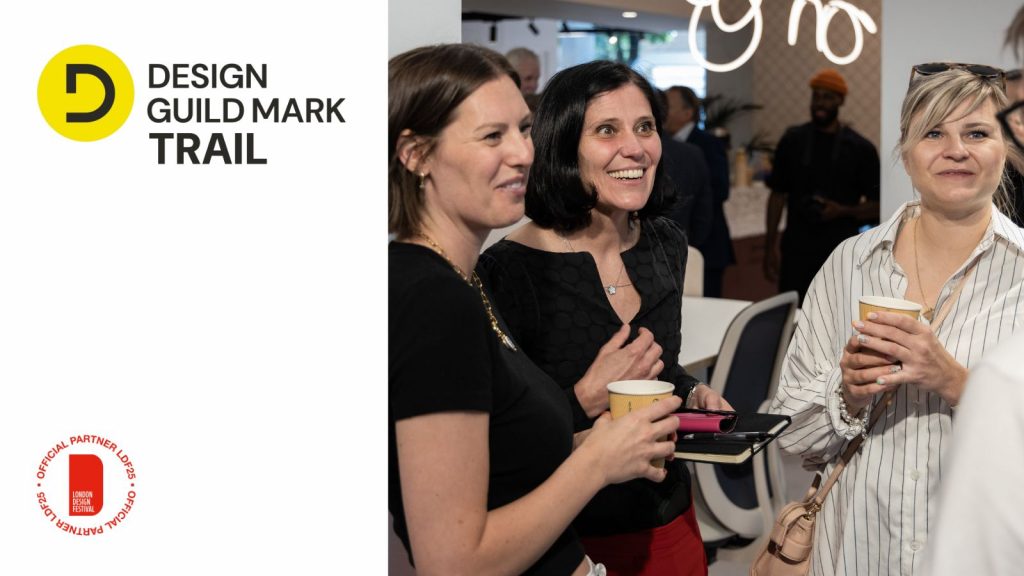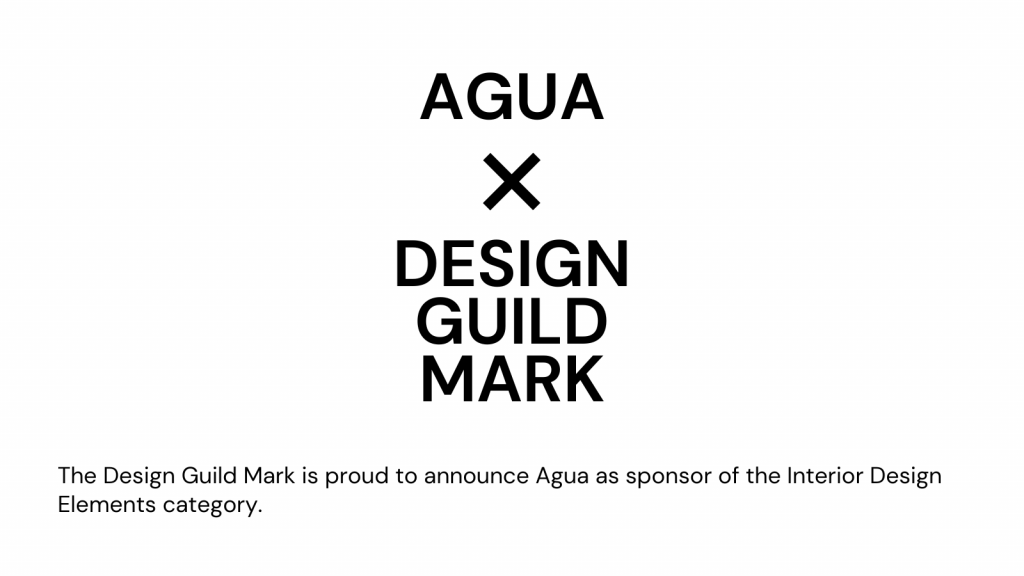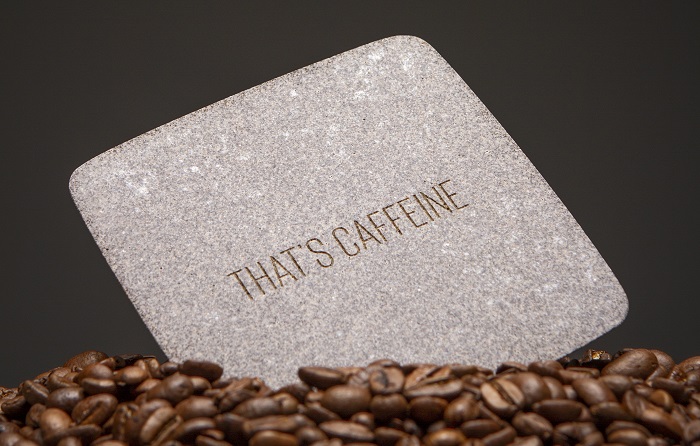
Climate change: it’s a subject that has dominated global headlines for some time now.
Last year the United Nations issued the stark warning that human survival depends on rapid, far-reaching and unprecedented change in all aspects of society.
Since then we have seen alarmed citizens from around the world come together to voice their concerns through mass protest, with Swedish teenager Greta Thunberg becoming an international icon in the movement to force world leaders to take drastic action.
Clearly, unsustainable consumption is no longer something that companies can afford to take lightly. When it comes to the environment, people expect brands to be responsible and be part of the solution, not the problem.
However, it’s not just the responsibility of multinational corporations to make changes, or do things differently, companies of all sizes from varying sectors have a part to play.
Designers can have A profound impact on this by proactively ingraining sustainable thinking into their creations.
Sustainability is one of the eight criteria that the Design Guild Mark judges use when assessing excellence on judging day, so we’ve compiled a review of five eco-friendly Design Guild Mark holders that are promoting green thinking.
DGM 200 AXYL by Benjamin Hubert/Layer for Allermuir
The AXYL collection is part of Layer’s commitment to working with companies to lower their impact on the environment with engaging but responsible new products. The recycled aluminium in the Y-frame of the chairs uses just 5% of the energy required to create new aluminium and offers significant cost savings; the chair shells, stool tops and café table tops are available in a variety of low-impact materials, including recycled wood fibre, reclaimed timber and recycled nylon, offering an efficient method of re-using waste product from the furniture industry.
DGM 209 Silicastone by Alasdair Bremner & David Binns for Panaz
Silicastone is an eco-architectural material made from 100% recycled post-consumer glass and pre-consumer vitrified ceramic that has marked a paradigm shift in sustainable architectural surfaces. Manufactured in England, Silicastone can be used for interiors and exteriors applications including wall tiles, furniture, tabletops or as solid surfaces. Alusid was born out of an academic research project led by Professor David Binns and Dr Alasdair Bremner, originally funded by the Arts and Humanities Research Council (AHRC).

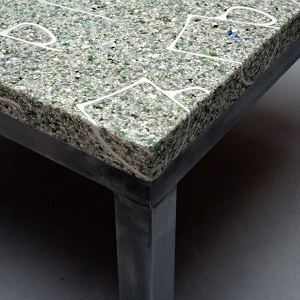
DGM 227 Mosaico for Another Brand
Mosaico solid wood tiles are a new surface material from ‘Surfaces by Another Brand‘, made from 100% recycled wood re-purposed from off cuts of wood from the furniture manufacturing process. Each title is made from solid wood and features its own organic and unique grain pattern as well as a tactile finished surface. The tiles are durable as well as water and stain-resistant, giving free reign to use this high-quality solid wood in a variety of interior spaces.
DGM 230 That’s Caffeine by Atticus Durnell
That’s Caffeine is a unique material created from recycled coffee grounds that would have been destined for landfill. Handmade in London, That’s Caffeine feels and look like granite stone, and because it’s a composite of bio binders, minerals and plant-based resin, it’s lightweight as well as being sustainable and biodegradable.
DGM 231 Artistic Liberties designed by Claire Kimble and Helen Lloyd for Milliken
Artistic Liberties is a daring carpet tile collection designed for Milliken and made in the UK using 100% regenerated nylon. It combines post-punk and street art influences with historic and classical references that make traditional design contemporary and outspoken. There are multitudinous possibilities for amalgamations of five designs.
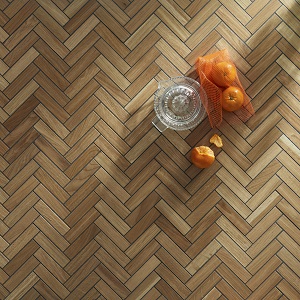

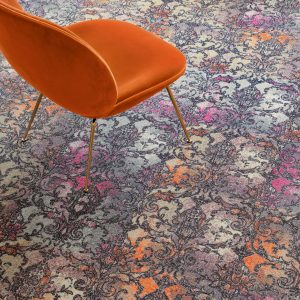
If you have a design that you’d like to put forward for the 2020 Design Guild Mark, don’t miss the early bird deadline – 28 November 2019.


